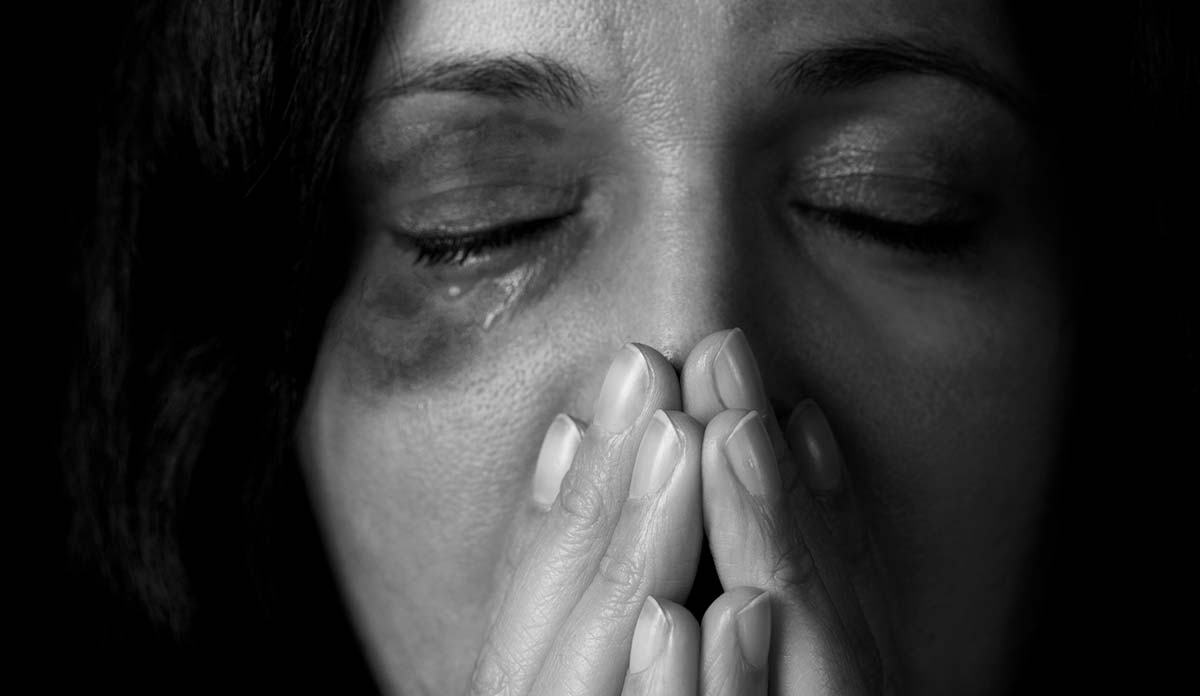My colleagues and I conducted a qualitative study to explore Muslim women’s experiences of intimate partner violence from the perspectives of frontline service providers.
The results revealed that pre- and post-migration stresses shape Muslim survivors’ experiences, among other important factors such as collectivist culture, patriarchy, honor, shame, and faith.
We found that women’s experiences are exacerbated by their position as immigrants due to limited language skills, social isolation, unemployment, acculturation stress, and citizenship status. As one of the service providers explained:
“The women don’t really have a choice, but to stay [in an abusive relationship] because of their citizenship, because of their sponsorship status. So, they are constantly being threatened by the perpetrator to be sent back home, the children will stay and they do not see children anymore. So that fear creates a huge impact.”
Another service provider reflected on women’s lack of social skills due to their immigration status:
“As an immigrant she needs lots of assistance to adapt, to learn the skills, to integrate, to be 100% independent. She needs lots of preparation, training and education to make that decision to leave home or accept help to make that decision to leave that relationship. In her mind, yes, there is abuse. But she is unfamiliar with the environment. At least now she knows what is going to happen and what to expect.”
Our findings reflect that collectivist values can instruct women to give higher priority to the needs of their children and extended family members than to their own needs, desires, and safety. Within collectivist culture, strong emphasis is placed on having a good reputation within one’s social network. This is reflected in the words of another provider:
“We are here, we can help you, support you, find you a place, and take you to a lawyer. We can try to keep the children but that’s not her priority. Her priority as a Muslim woman is keeping family together. She does not want to see herself as a single mother or as a widow or divorced woman living on her own and taking all these responsibility by herself.”
Gender inequality and the male dominance in social interactions are key factors in understanding why women remain in abusive relationships worldwide, which were also among our findings. This respondent explained the power dynamics within relationships:
“I think the power differential that exist between man and woman in the culture, or the perceived inequality, is a huge risk because lots of women feel that they are not worthy to or capable of living on their own, and believe that men are superior.”
Patriarchal interpretations of religion also lead women to accept the violence. They are sometimes misled by religious leaders who are unaware of the nature of intimate partner violence. Also, perpetrators often distort or manipulate religious doctrines to rationalize or justify their violent behavior. A service provider stated:
“I have worked with women who have been told by their imams throughout the years or by the religious people through the mosque that they need to go back, that they need to be a better wife. They need to do what they are told. And so, when someone that powerful tells that to you, you know you [must be a] pretty strong person to go against it.”
In conducting research with vulnerable and culturally diverse populations, it is important to contextualize cultural factors within systemic and historical structures such as racism, colonialism, ethnocentrism, and class privilege. Mental health practitioners must be aware of and sensitive to the sociocultural contexts of survivors, and they must also explore ways in which culture can facilitate unique solutions. Considering the significance of sociocultural factors, practitioners should advocate for clients and empower them to advocate for themselves.
Feature image: pepifoto/iStock, model in photo used for illustrative purposes only.













